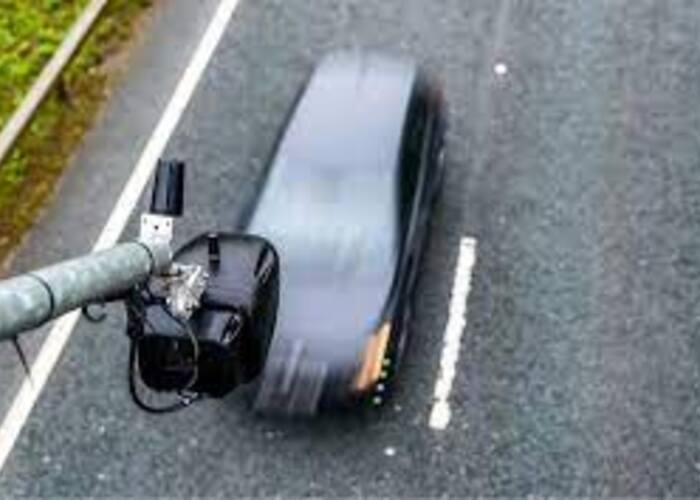In Westchester County, New York, an artificial intelligence (AI) system played a pivotal role in capturing a drug trafficker after monitoring his activities for two years. The AI, integrated into an automated license plate reader (ALPR) technology, scanned a staggering 16 million license plates weekly, across 480 cameras in the region. This vast surveillance network allowed law enforcement to track and identify vehicles potentially linked to criminal activities.
The police eventually apprehended the suspect when they pulled over his car and discovered a substantial amount of crack cocaine, a semiautomatic pistol, and a significant sum of cash, as reported by Forbes. The AI’s effectiveness in this operation highlights its potential in augmenting traditional law enforcement methods.

The ALPR technology itself consists of cameras mounted on street poles or police vehicles, capturing images of license plates. By employing AI algorithms, it enables authorities to compare these license plates against databases of vehicles associated with criminal investigations. Moreover, the system has evolved beyond merely recording license plates; it can now identify and analyze driver behavior, further aiding investigations.
However, the utilization of such advanced AI-powered surveillance systems raises concerns about privacy and civil liberties. Critics argue that the extensive data collection, including details about the make, model, and color of vehicles, goes beyond the initial purpose of identifying suspects.
The lawyer of the accused, Ben Gold, is contesting that the AI-gathered evidence is “dragnet surveillance.” After the lawyer filed a Freedom of Information Act (FOIA) request, it was revealed that the AI was doing more than looking at license plates.

Gold, who spoke to Forbes, said, “This is the specter of modern surveillance that the Fourth Amendment must guard against. This is the systematic development and deployment of a vast surveillance network that invades society’s reasonable expectation of privacy.
“With no judicial oversight this type of system operates at the caprice of every officer with access to it,” he added.
Similar AI-driven surveillance measures are being adopted globally, such as in France, where AI-powered cameras will monitor streets during the 2024 Olympics, and in the UK, where AI is used to identify littering offenses. These deployments have sparked debates surrounding the delicate balance between using AI for crime detection and preserving personal freedoms.
The issue of AI and privacy extends beyond law enforcement, encompassing domestic and international mass surveillance capabilities. While AI technology has the potential to enhance security and efficiency, it must be implemented responsibly to avoid data breaches, unauthorized access, and infringement on individuals’ rights. Striking a balance between utilizing AI for societal good and safeguarding civil liberties remains a complex challenge that requires careful consideration and regulation.


